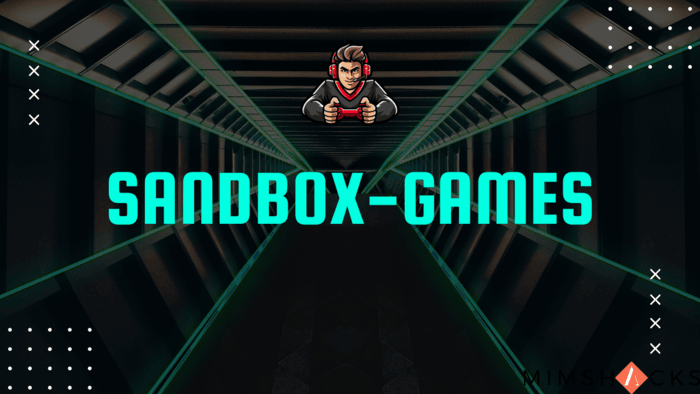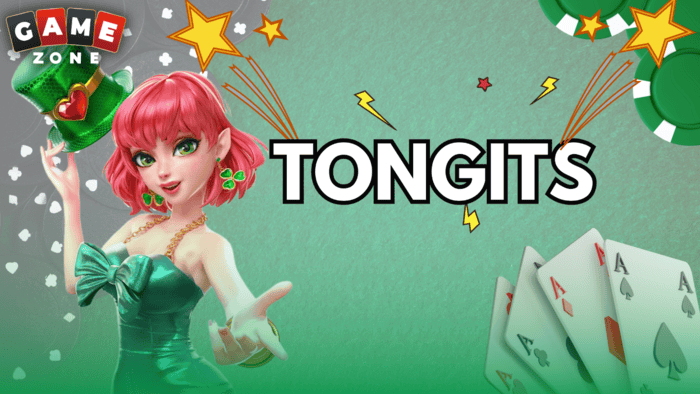Gamers Are Getting Hooked on Poker—and It Makes Sense
The video gaming industry and poker are both surging spheres, with the former boasting a global market of over $140 billion, and the latter posting worldwide revenues of $85.4 billion in 2022.
Naturally, these two industries are different in that video games have no strict legal regulations, while card gambling requires special laws for it to get allowed, and despite what most people may think, this entertainment form is only permitted in six US states.

Another misconception about the world’s most popular card game is that it has always been super established. Yet, the fact of the matter is that it only started to gain massive global traction post the 1970s and the founding of the World Series of Poker.
Today, it has a wide array of tournaments that stretch to most corners of the globe, but it would be truthful to say it thrives more in the digital sphere, where the platforms that offer it are innovating at a faster clip than ever.
Since, unlike casino gaming, poker gambling is an activity that demands expertise, it is easy to see why gamers would gravitate more towards it than something like blackjack or roulette, as poker has similar strategic depth and competitive thrill to games like League of Legends or Warhammer 40,000. Thus, there is an overlap in multiple areas between these two fields, and that is what we will cover deeper below.
Community Connections
Poker used to be a game played in smoky salons where loads of onlookers would follow the table drama unfold. In the 1970s, after the birth of the WSOP, tournaments across the US, for both men and women, started to get run, and given that the player pools were not as deep back then, it was natural that a subculture and communities would form among them. Over the years, as the Internet came to be, poker maintained its collective culture online.
In many ways, it is fair to say that poker’s social ecosystem mirrors the multiplayer and streaming one gamers have fostered. Modern platforms of most kinds nowadays feel like virtual hangouts, private clubs where members communicate through chat rooms.
For multiplayer games, socialization has moved to Discord servers, but what happens there is not too different than at poker forums.
Players bond over sharing strategies, and they even organize watch parties to observe top-profile events from their fields. That helps build friendships and makes both gamers and poker enthusiasts feel like they are part of something bigger.
Multitasking & Strategy
Undoubtedly, those super into video games, who treat playing them as a serious hobby, have developed a unique cognitive toolkit. They have honed the ability to sit steadily and navigate through complex tasks for hours.
What does that remind us of? Poker, of course, where patience, analysis, and informed decision-making are the main things that lead to success. Hence, many of the multitasking abilities that gamers possess seamlessly can translate to poker, giving these individuals a distinct edge at offline and online tables compared to those who lack them.
That should especially hold for gamers proficient in titles like Overwatch, where players engage in fast-paced action, juggling multiple inputs such as tracking enemy positions, managing cooldowns, and communicating – all under pressure, which is all-present in card gambling.
Poker players, conversely, monitor opponents’ betting patterns, calculate pot odds, and adjust strategies mid-hand. So, in both arenas, similar cognitive skills allow people to shine. Moreover, both demand virtually identical psychological cool when assessing risk and making choices.
Poker Platforms Speak Gamer Language

How? Well, modern USA poker sites echo many of the digital priorities paramount in gaming culture, like speed, customization, and controlled user experiences. These align with tech-savvy crowds, which primarily comprise the current video gaming pool.
Card gambling hubs, particularly the top offshore ones, have gone all in on cryptos, and that sphere has brought over concepts like lootboxes, adopted from the video game industry, which are mystery boxes containing hidden rewards. At poker platforms, these are bonus tools that yield rewards like tournament invites, cash prizes, or boosted Rakeback.
Another thing that crypto poker websites have taken over is customization, letting users design avatars, select card backs, and use animated emojis. NFT-based avatars are also something that gets expected to become standard. Naturally, anonymous play, enabled by crypto sites, appeals to gamers valuing privacy, which is all of them, as no one plays under their real name online.
Novel Fast-Paced Poker Formats Appeal to Gamers
It seemed like forever Sit & Go tournaments were the go-to in the online gambling arena, but in the past few years, fast-paced formats like Zoom Poker, Hyper-Turbo Sit & Gos have made major headway. These are enticing to gamers who crave immediate action and short, intense sessions. They like such gameplay because it reminds them of the high-octane fun and rhythm featured in popular games.
Zoom Poker moves gamblers to a new format of folding, making them face fresh opponents and hands every few seconds. Thus, it is clear that as far as gambling games go, things cannot get more dynamic than that.
There are also fast-fold tables, where players reset immediately after folding, and all these quick-play formats have been created to attract younger individuals who have shorter attention spans and love instant gratification.






